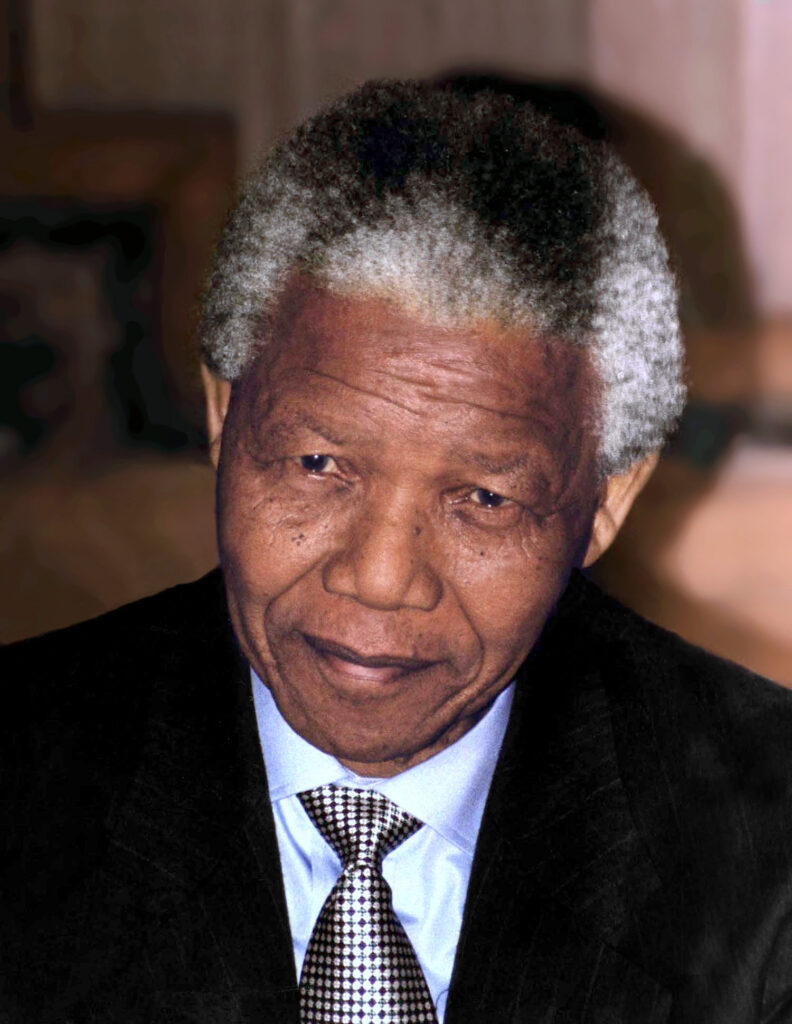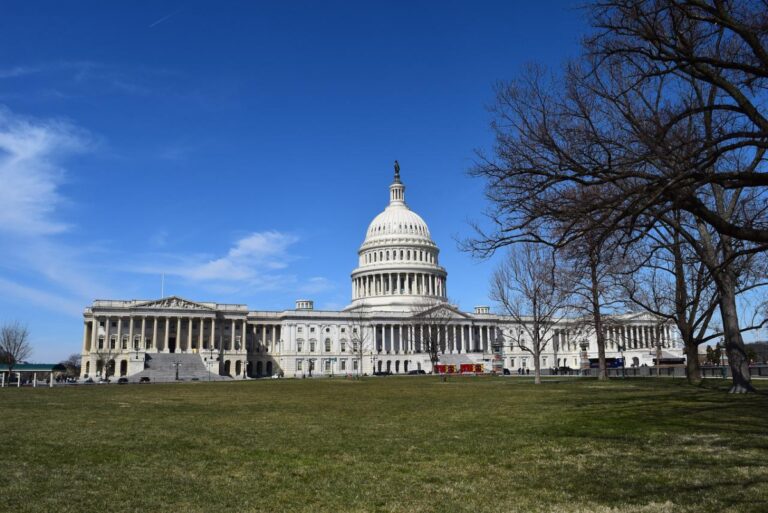Part of our ongoing series about people who have achieved great things after their 50th birthday.
The year 2023 marks the 33rd year since Nelson Mandela was released from prison in South Africa. His freedom after 27 years was not only a triumph of justice, but the beginning of one of history’s most remarkable second acts. Let’s take a look at some of his historic achievements.
Leadership of the ANC
One of Nelson Madela’s first official acts upon his release at age 71 was to assume leadership of the African National Congress (ANC). In that role, he led efforts to negotiate an end to apartheid and to establish a democratic South Africa. His leadership and negotiation skills were a key factor in pulling his country back from the brink of civil war and pushing a peaceful transition to democracy. It was only Mandela’s ability to unite people and build consensus that enabled positive change for the South African people.

Photograph by © copyright John Mathew Smith 2001, CC BY-SA 2.0,
https://commons.wikimedia.org/w/index.php?curid=74768082
Presidency of South Africa
In 1994 — at the age of 76 — Nelson Mandela was elected president of South Africa in the country’s first democratic and non-racial elections. His presidency marked a turning point for South Africa, as he worked tirelessly to heal the divisions of the past and build a new, inclusive society. Mandela’s emphasis on reconciliation and forgiveness helped to unite the country and set the stage for long-term stability and progress.
Mandela’s commitment to healing the wounds of the past was a defining feature of his presidency. He established the Truth and Reconciliation Commission to provide a platform for victims and perpetrators of human rights abuses to come forward and to seek truth and forgiveness. Mandela’s emphasis on healing — rather than revenge — set a powerful example for the rest of the world.
International Diplomacy and Humanitarian Work
After stepping down as president in 1999, Mandela remained active global affairs. He became an advocate for human rights, social justice, and the fight against HIV/AIDS, using his influence to draw attention to these critical issues. Mandela’s diplomatic efforts helped to position South Africa as a key player on the international stage. His humanitarian work underscored his commitment to uplifting the disadvantaged and marginalized.
Philanthropy and Education
Mandela was deeply passionate about the power of education to transform lives. He established the Nelson Mandela Foundation, which focuses on promoting social justice and equality, and supporting community development initiatives. Mandela’s dedication to philanthropy and education has had a lasting impact on countless individuals and communities, ensuring his legacy extends far beyond his years.
So there you have it. Nelson Mandela’s achievements after the age of 50 reflect a remarkable commitment to leadership, reconciliation, and humanitarianism. His unique ability to transcend years of conflict, embrace forgiveness, and steer South Africa onto a path of democracy and equality stands as a monument of the great man’s enduring legacy. Mandela’s achievements will inspire and resonate for generations to come, reminding us of the difference just one person can make for all humanity
By Steven Roberts



